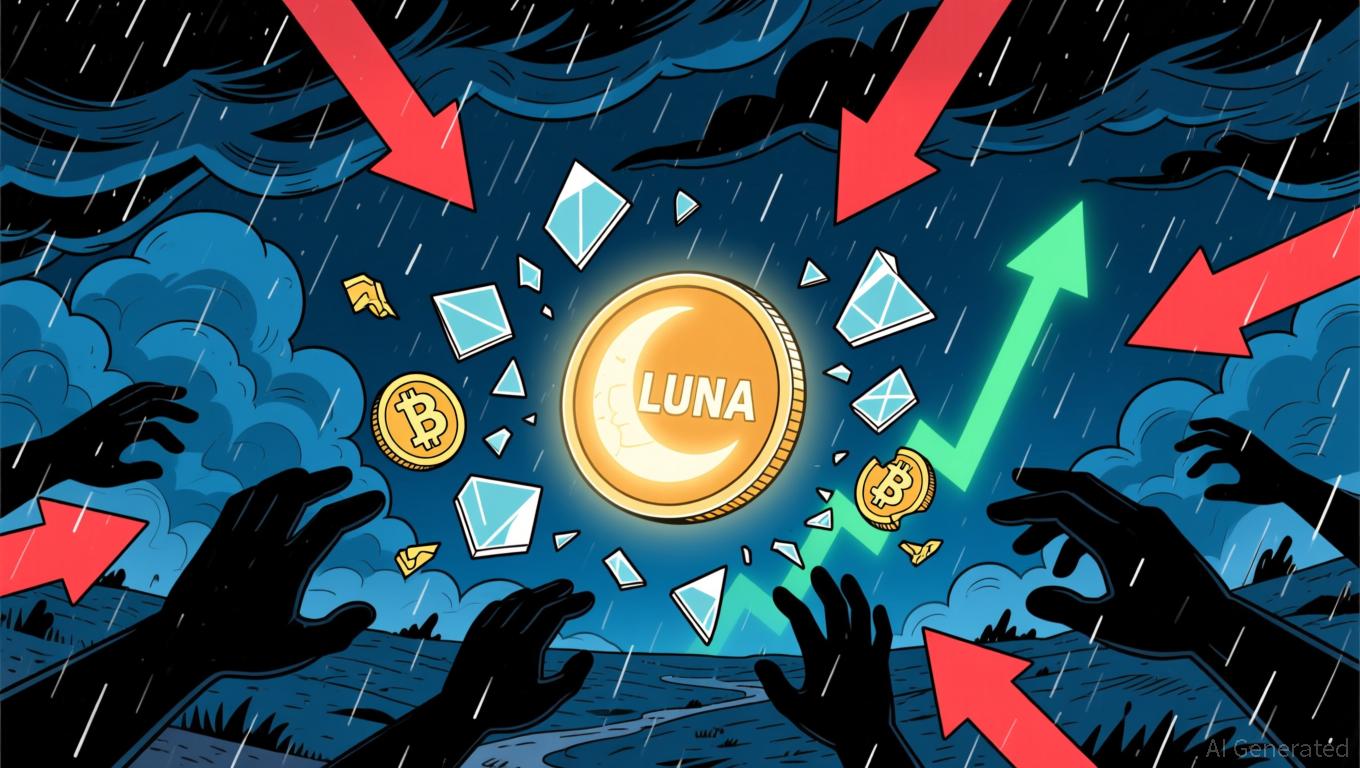Illegal Crypto Mining Costs Malaysian Utility Over US$1 Billion
Quick Breakdown
- Illegal cryptocurrency mining in Malaysia costs Tenaga Nasional over US$1.11 billion.
- Authorities identified 13,827 premises using unauthorized electricity between 2020 and August 2025.
- TNB collaborates with regulators to prevent meter tampering and enforce the Electricity Supply Act.
Malaysia’s national electricity provider, Tenaga Nasional Bhd (TNB), has reported losses exceeding US$1 billion due to illegal cryptocurrency mining, according to the Ministry of Energy and Water Transformation. Between 2020 and August 2025, authorities identified 13,827 premises illegally tapping into the electricity grid to power crypto mining operations, mainly targeting Bitcoin.
The ministry highlighted that the illicit use of electricity has resulted in financial losses amounting to 4.6 billion ringgit (approximately US$1.11 billion). While Malaysia currently lacks legislation specifically regulating cryptocurrency mining, tampering with meters or bypassing connections remains an offence under the Electricity Supply Act.
Malaysia’s Ministry of Energy said national utility TNB has lost over $1.1 billion from electricity theft by crypto miners between 2020 and August 2025, with 13,827 sites found illegally modifying or bypassing meters to power mining operations.
— Wu Blockchain (@WuBlockchain) November 19, 2025
Authorities intensify crackdown on illicit miners
TNB is working closely with government authorities to identify and stop illegal mining activities. The utility company has been conducting audits and inspections to detect unauthorized electricity usage and prevent further losses. Officials warn that those caught tampering with meters or bypassing electricity connections could face legal action under existing laws, even in the absence of crypto-specific regulations.
The surge in crypto mining in Malaysia reflects the global trend of energy-intensive operations driven by high-value digital assets , placing additional strain on national grids and utilities. The Ministry of Energy emphasized the importance of monitoring crypto mining activities to protect both infrastructure and consumers from financial and operational disruptions.
Financial and regulatory implications for the crypto sector
The incident underscores the tension between rapid crypto adoption and existing energy infrastructure. Analysts note that unregulated crypto mining can create significant financial and operational risks for utility providers. Malaysian authorities are reportedly evaluating stronger measures to monitor crypto mining activities and curb electricity theft, signalling potential regulatory tightening for the sector.
In a related development, Malaysian police are investigating a cryptocurrency scam in which a 71-year-old retiree lost RM525,000 to an online investment scheme. The incident occurred in Kuala Terengganu and underscores the ongoing risks to consumers in the rapidly growing digital asset market.
Take control of your crypto portfolio with MARKETS PRO, DeFi Planet’s suite of analytics tools.”
Disclaimer: The content of this article solely reflects the author's opinion and does not represent the platform in any capacity. This article is not intended to serve as a reference for making investment decisions.
You may also like
LUNA rises 4.04% in 24 hours despite ongoing downward trend
- LUNA rose 4.04% in 24 hours to $0.075 but remains down 20.13% monthly amid broader market weakness. - Short-term traders capitalized on dips, yet seven-day declines highlight waning investor confidence and lack of Terra network coordination. - Post-2025 Terra-UST collapse, LUNA struggles to regain dominance as stablecoin competitors capture market share. - Analysts warn volatility persists without fundamental upgrades, emphasizing long-term challenges to rebuild trust and momentum.

AAVE rises 1.9% after Founder Reveals ETHLend Relaunch in 2026 Featuring Built-in Bitcoin Compatibility
- Aave founder Stani Kulechov announced ETHLend 2.0 relaunch in 2026, returning to peer-to-peer lending with native Bitcoin collateral. - The upgrade aims to address original ETHLend's liquidity issues using modern infrastructure, MEV protection, and faster on-chain operations. - Native BTC collateral differentiates it from wrapped BTC, potentially expanding DeFi access for Bitcoin holders and enhancing cross-chain interoperability. - DeFi community shows mixed reactions, with AAVE token up 1.9% but down 2

Blockchain’s Defense Dilemma: Tackling Present-Day Attacks and the Emerging Quantum Challenge
- Port3 Network suffered a $14.45M loss after a hacker exploited a BridgeIn protocol flaw to mint and dump 162.75M PORT3 tokens, triggering an 82% price crash. - The attacker burned 837.25M tokens post-sale, while Port3 halted liquidity and deposits to contain the damage, though the token remains at $0.0086. - QANplatform's quantum-resistant QAN XLINK protocol passed a Hacken audit, addressing long-term risks as 65% of Ethereum addresses face quantum vulnerability. - The incident highlights DeFi's dual thr

Market Consolidation Near Breakout Zone: 5 Altcoins Traders Are Watching for the Next Major Move

